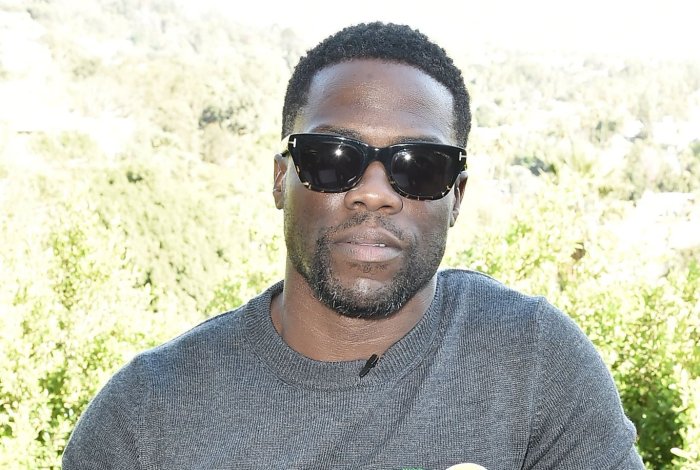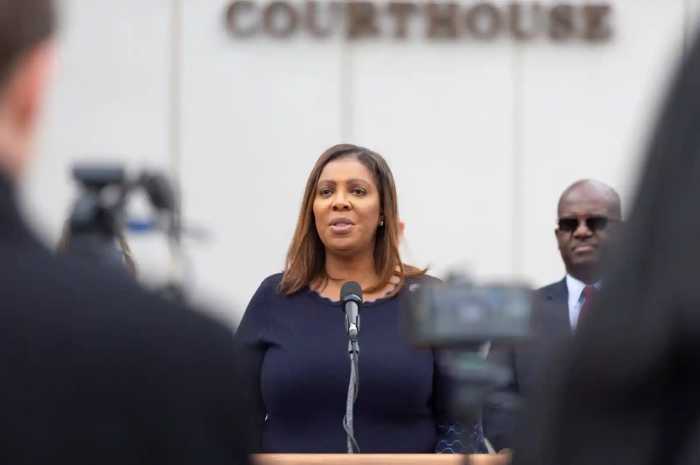I Want A Pope…
When Saul of Tarsus set out on his fateful journey to Damascus the whole world lay in bondage. There was one state; it was Rome. There was one ruler; it was Tiberius Caesar. Despotism was the rule and every human life was insignificant when compared to the glory of Rome. It was, or so it was believed, an empire that transcended the ages. Yet at its very summit a nascent, nearly invisible movement was fermenting from within; a movement propelled by only a few bedraggled fishermen. From this infinitesimal nucleus, without the benefit of even the most rudimentary mass communication, these followers would increase to 30 million in less than 300 years. The church that sprang from a tiny, persecuted band of believers would vastly outdistance the reigns of all the emperors, change human history in unprecedented dimensions and remain, two millennia later, the world’s most significant, internationally recognized moral authority.
So when Pope Benedict XVI, who was the head of this now institutionalized movement for 8 years, stepped down from this elevated position to lead a life of prayer it was momentous news. During this interregnum, the College of Cardinals will gather to choose a new Pope to lead the flock of 1.2 billion Catholics worldwide. The crisis belaboring the Catholic Church is no secret. It’s been assailed, wounded, most tragically from within and, at times, takes the semblance of a sinking battleship. Still all eyes turn to the conclave Rome to observe an ancient rite of succession dating back to Peter, who Christ, when he walked upon this earth, summoned to “feed my sheep.”
The perpetuity and durability of Catholicism, with all its difficulties, special burdens and counter-cultural claims, continues to beguile and thwart its uncomprehending critics, who have scoffed as well as wondered over its resistance to conform to the modern world even as the influences of that modernity have corrupted some within the church. We can ascribe much of this vitality to the fact that in an ever-changing world the tenets of the Church are unchanging. It is acutely self-conscious of being a revealed religion; it has the Keys to the Kingdom; it’s the fortress of dogmatic Christianity. Whatever the sins of its communicants and especially its shepherds, the Church has never wavered in the absolute certainty that it possesses the truth about human nature and human destiny. Prominent among these truths is humanity’s radical equality. For there is no humanism like Christian humanism, which holds that each person has infinite worth, no matter what stage of life they presently occupy. Such notions had no relevance in the pre-Christian world. Once this is fully understood by the honest inquirer, its teachings regarding abortion, euthanasia and some forms of stem cell experimentation become clear. For the Church to believe differently is to saw away the branch upon which it sits.
In the Church’s weltanschauung it’s not the Magna Carta, nor the Declaration of Independence nor the Constitution that most loftily epitomizes human fraternity or the love of mankind. It is Christ flayed and naked on the cross. For Christ, said Saint Paul, died for us all. Man is mortal and our whole social economy is built upon that fact; the Church knows this all too well but also acknowledges that human existence is trans-historical and it is never more apparent than in the rite of Mass, whereupon the altar of the church the greatest of all dramas is liturgically re-enacted every minute of every day throughout the world: The redemption of fallen man by the death of his God. So there is, I imagine, an aesthetic indulgence that transfixes those not of its flock, including Protestants no less pious than John Adams who enchantingly remarked on its mystical pull, as well as others who freely and sometimes scornfully remarked on Rome’s unambiguous asseverations of its authority.
Of all the Christian faiths, only Catholicism has a Magisterium, a teaching authority that for 1,500 years virtually all of Christiandom was obedient to. That teaching, in terms of faith and morals, is unaltered under the long succession of Popes, some of whom were legendary sinners. That’s because the importance of the Pontiff is the office, not the person who momentarily occupies it. Despite the battering waves of a whole host of contrarieties, the latest being an omnipresent secularism, the rock upon which Christ promised to build his church has not crumbled but continues, despite even the scandals that gnaw from within, to stand like a Gibraltar.
I want a Pope who understands that a church that panders to the latest fashion or succumbs to convention deserves no respect and will soon get no respect except in the guise of veiled contempt. I want a Pope who recognizes that a culture of brotherhood cannot be nurtured, developed and extended in the absence of religion. I want a Pope who wants the Church to evangelize the world and not the world to secularize the Church. I want a Pope who understands that religion is the best safeguard of morality and morality the best security of law. I want a Pope who views reason not as an enemy, but the handmaiden of religious belief. I want a Pope who at points will be against the world, but only because he is always for the world. I want a Pope who champions freedom of conscience, but cautions against radical individualism. I want a Pope whose heart overflows with the deepest sympathy for the human condition, one who will be an apostle for world peace and human rights, a pontiff whose concourse to the sick, the suffering, the dispossessed and the dying is surfeited with love and mercy. I want a Pope with the intellect to converse with the mightiest heads of state, but with a soul that belongs to the least of his brothers. I want a Pope whose witness to his faith is so compelling that even the most hardened hearts will pause before ascribing such fidelity to medieval superstition. I want a Pope who knows that no odor is more pungent than holiness tainted and will act accordingly to cleanse his Father’s house. I want a Pope, like Gregory the Great, who aspires to be the “servant of the servants of God.”
It’s a task seemingly too great for any one human being; but it is with these weighty thoughts that the consistory of Cardinals will measure the next Pope for the shoes of the fisherman. They will do so in the Sistine Chapel, under the ceiling of Michelangelo’s magnificent depiction of the “Christ of Last Judgment,” their lips mouthing in unison the simple ancient prayer “Verne Sancte Spiritus”: Come Holy Spirit.

































